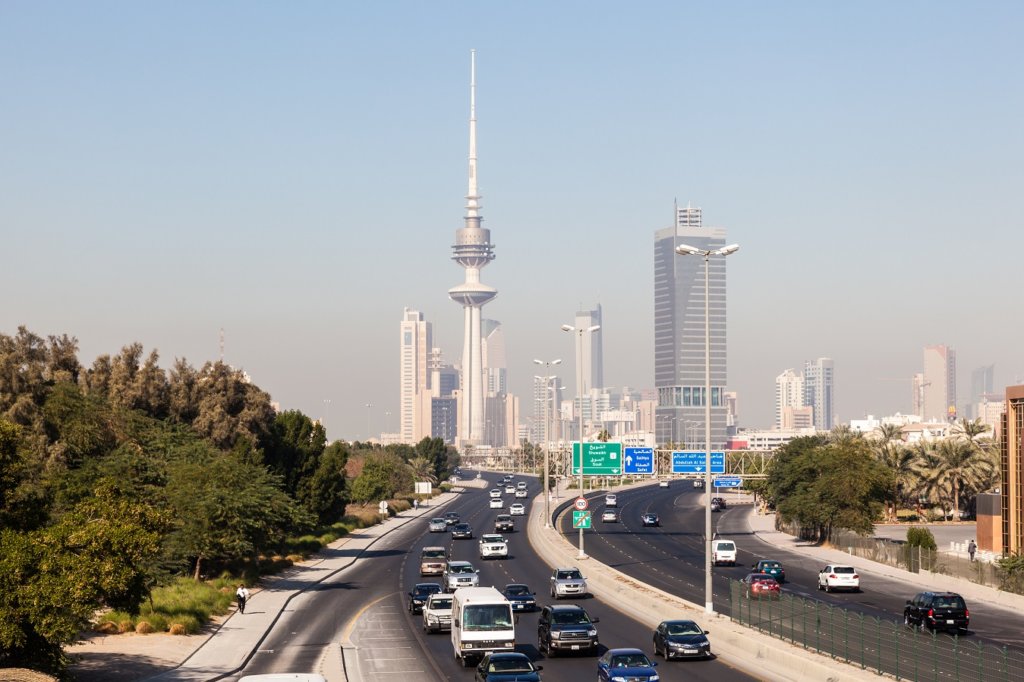Over 700 Indian workers who had to leave Kuwait without salary will be compensated by the Kuwaiti government. The workers were left unpaid and stranded for several months in Kuwait before they could leave the country.
Each of the 710 employees of Kharafi National Company, who is registered with the Public Authority of Manpower (PAM), will be paid KD 250 as a relief amount, the Indian embassy said.
The PAM selected those workers who were employed under the sponsorship of Kharafi National Company; and who registered complaints with PAM, with subsequent cancellation of their work permits; and left Kuwait between from Nov.1, 2017 and April 22, 2018, according to the Indian embassy.
Kharafi National Company, a construction company in Kuwait, ran into financial trouble last year, following which about 3,600 Indian workers were left stranded for several months in the country. The workers were earlier reported as saying that the company informed them that it was not in a position to pay salaries as it didn’t have projects to execute.
The workers hailed from different parts of India, including Gujarat, Uttar Pradesh, West Bengal, Bihar, Rajasthan, Andhra Pradesh and Telangana.
In September last year, the Indian embassy submitted a list of 3,614 workers for compensation. However, an agreement could not be reached on the modalities to liquidate the security deposits, the Kuwait Times reported.
Indian Minister of State for External Affairs VK Singh had, during a trip to Kuwait in January this year, visited the unpaid Indian workers, and met Kuwaiti Deputy Prime Minister and Foreign Minister Sabah Al-Khalid Al-Sabah to discuss the issue. Singh assured workers that the penalties for overstaying in Kuwait, as their visas had expired, will be waived off to facilitate their return to India.
After several rounds of talks between the two countries, the Indian embassy submitted a modified list of 1,262 workers. The PAM then identified 710 people who would be eligible for the compensation of KD 250 each. The amount will be wired directly to each worker’s bank, for which they have to submit the original Power of Attorney, and other documents listed on the website of the Indian embassy in Kuwait.
The Indian workers had to face dire conditions after they did not receive their wages for several months, and their visas expired, making their stay in Kuwait illegal. They were left without food and amenities, and depended on help from social workers who arranged food for them from local gurdwaras and other sources.
